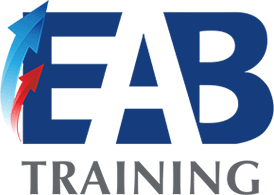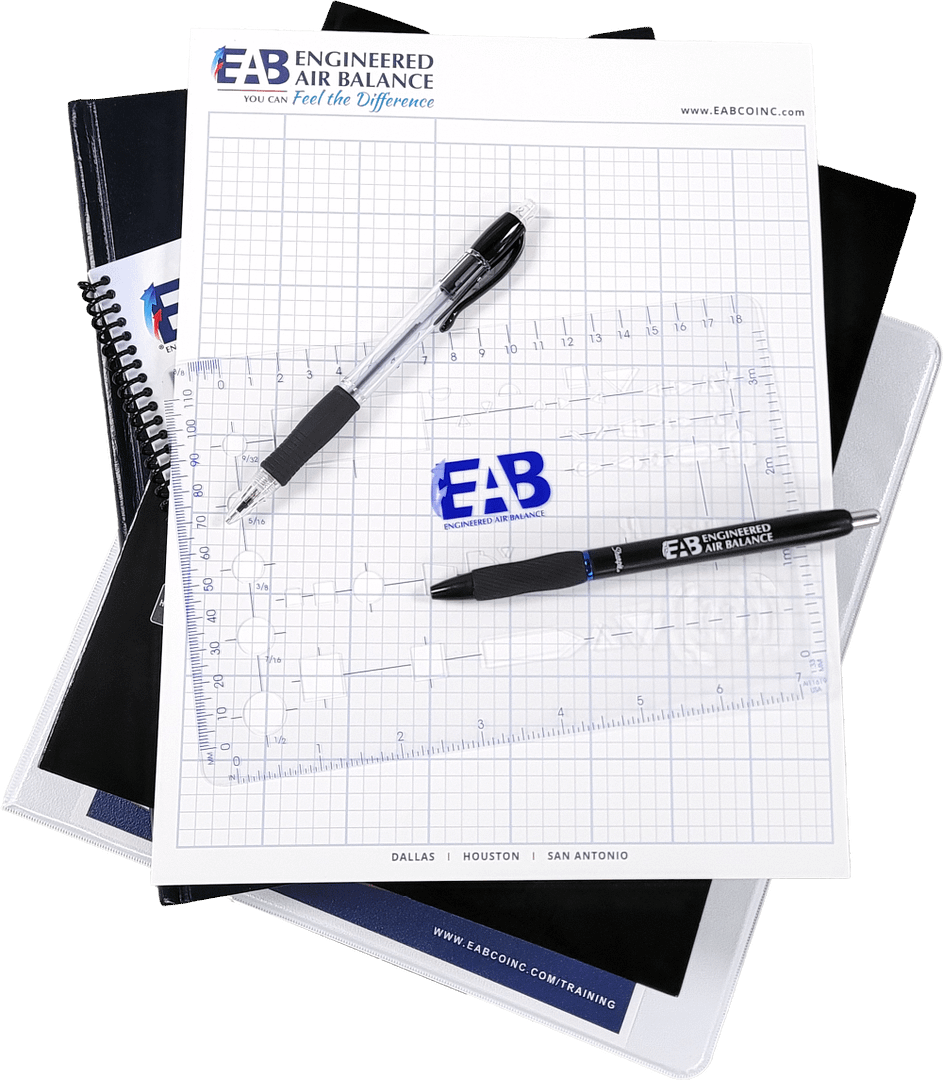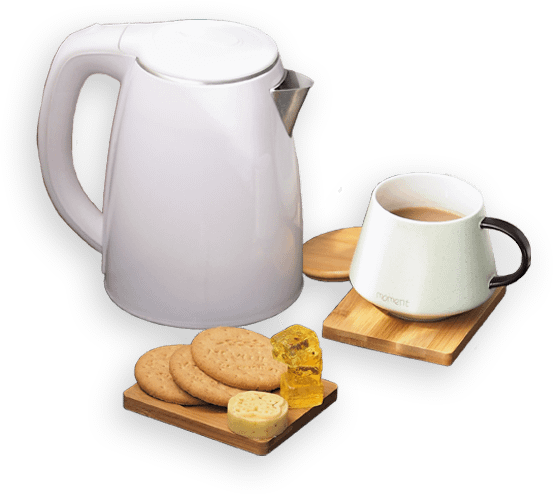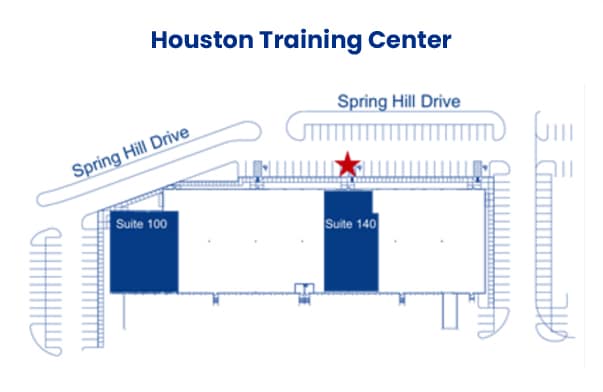7:30 am
Breakfast
Welcome Slide Deck
Introduction to BSCs, NSF 49, BSLs, BSC Classifications and Airflow Patterns
BSC Design, Construction, HEPA Filters, Memorandums



We’re thrilled to embark on this journey together! This page serves as your comprehensive guide to all the essential information you need before attending EAB Training.
As always, if you have any other questions, please reach out to our
Training Center Manager, Derek Glenn, at dglenn@eabcoinc.com.

– 4 days of instruction and hands-on activities
– Resource Materials
– Use of NSF required instruments
– Completion certificate and NSF continuing education credits
– 4 days of instruction and hands-on activities
– Resource Materials
– Use of NSF required instruments
– Completion certificate and NSF continuing education credits

• Computer or tablet with internet capabilities to access the EAB Learning Management System (LMS).
• Calculator
• Computer or tablet with internet capabilities to access the EAB Learning Management System (LMS).
• Calculator

Breakfast, lunch, and snacks will be included for EAB Training Students.
Please let us know if you have any dietary restrictions.
Email Derek Glenn at dglenn@eabcoinc.com.
Breakfast, lunch, and snacks will be included for EAB Training Students.
Please let us know if you have any dietary restrictions.
Email Derek Glenn at dglenn@eabcoinc.com.

A calculator, safety glasses, and safety gloves is all you will need for our classes. Once you are at EAB Training, everything else is provided…
A calculator, safety glasses, and safety gloves is all you will need for our classes. Once you are at EAB Training, everything else is provided…

Breakfast, lunch, and snacks will be included for EAB Training Students.
Please let us know if you have any dietary restrictions.
Email Derek Glenn at dglenn@eabcoinc.com.
Breakfast, lunch, and snacks will be included for EAB Training Students.
Please let us know if you have any dietary restrictions.
Email Derek Glenn at dglenn@eabcoinc.com.

The Biological Safety Cabinet (BSC) Certification Fundamentals course is designed to equip professionals with the essential knowledge and hands-on experience required to perform field certification tests on biosafety cabinets. This course establishes the foundation for all professionals in the industry, ensuring a standardized approach to best practices. Additionally, it offers owners valuable insights into the proper certification process, helping make informed decisions about quality and compliance. This course provides participants with eight (8) completed test reports, including tests from B2 cabinets, ensuring they meet partial prerequisites for advanced certification.
Throughout the course, participants will gain expertise in:
Calculating Inflow/Downflow Velocity From Volume – TypeB2 Cabinet is introduced in the BSC Fundamentals course; however, the actual practice is offered in the EAB Training NSF/ANSI 49 Biological Safety Cabinet Field Certifier Advanced Training course.
BSC Decontamination is referenced but not explored, in depth, in the BSC Fundamentals course. Due to its complexities, this is considered a more advanced skill. The BSC Decontamination instruction and practical are offered in the EAB Training NSF/ANSI 49 Biological Safety Cabinet Field Certifier Advanced Training course.
If you have questions, please contact the EAB Training Center Manager, Derek Glenn at dglenn@eabcoinc.com.
Who Should Attend:
May 18, 2026 - May 21, 2026
September 28, 2026 - October 1, 2026
The class schedule is as follows.
Day 1: 7:30 AM – 5:00 PM
Day 2: 7:30 AM – 5:00 PM
Day 3: 7:30 AM – 5:00 PM
Day 4: 7:30 AM – 4:30 PM
Breakfast and Lunch provided.
Learn More
To learn more about our training programs or to register to attend, please contact our Training Center Manager, Derek Glenn.
Contact Our Training Center ManagerThe Biological Safety Cabinet (BSC) Certification Fundamentals course is designed to equip professionals with the essential knowledge and hands-on experience required to perform field certification tests on biosafety cabinets. This course establishes the foundation for all professionals in the industry, ensuring a standardized approach to best practices. Additionally, it offers owners valuable insights into the proper certification process, helping make informed decisions about quality and compliance. This course provides participants with eight (8) completed test reports, including tests from B2 cabinets, ensuring they meet partial prerequisites for advanced certification.
Throughout the course, participants will gain expertise in:
Calculating Inflow/Downflow Velocity From Volume – TypeB2 Cabinet is introduced in the BSC Fundamentals course; however, the actual practice is offered in the EAB Training NSF/ANSI 49 Biological Safety Cabinet Field Certifier Advanced Training course.
BSC Decontamination is referenced but not explored, in depth, in the BSC Fundamentals course. Due to its complexities, this is considered a more advanced skill. The BSC Decontamination instruction and practical are offered in the EAB Training NSF/ANSI 49 Biological Safety Cabinet Field Certifier Advanced Training course.
If you have questions, please contact the EAB Training Center Manager, Derek Glenn at dglenn@eabcoinc.com.
Who Should Attend:
May 18, 2026 - May 21, 2026
September 28, 2026 - October 1, 2026
The class schedule is as follows.
Day 1: 7:30 AM – 5:00 PM
Day 2: 7:30 AM – 5:00 PM
Day 3: 7:30 AM – 5:00 PM
Day 4: 7:30 AM – 4:30 PM
Breakfast and Lunch provided.
Learn More
To learn more about our training programs or to register to attend, please contact our Training Center Manager, Derek Glenn.
Contact Our Training Center ManagerPrimary Reports that make a BSC Certification:
Primary Reports that make a BSC Certification:
Secondary Reports that can be included in a BSC Certification:
Secondary Reports that can be included in a BSC Certification:
Breakfast and Welcome
Standard Air and Density Correction
Ductwork Traversing and Capture Hoods
Lunch
Correction Factors and Proportional Balancing
Homework
Breakfast and Homework Review
Flow Hood Measurement Hands On
Electrical Safety and NFPA 70E Hands On
Lunch
Basics of Electricity
Electrical Motors and VFDs
Breakfast and Welcome
Rotational Speed Hands On
Lunch
Sheave and Belt Sizing Hands On
Ductworks Systems and Devices
Fan Works
Homework
Breakfast and Welcome
Rotational Speed Hands On
Lunch
AHU & RTU Data and Submittals Hands On
Water Systems
Pump Laws
Air Terminal Units
Homework
Breakfast and Welcome
Hydronics Hands On
Lunch & Dismissal
Day One
Breakfast
Welcome Slide Deck
Introduction to BSCs, NSF 49, BSLs, BSC Classifications and Airflow Patterns
BSC Design, Construction, HEPA Filters, Memorandums
Lunch
BSC Design Variations
BSC Best Use, Practices, and Procedures
Proper BSC Install and Setup
Startup Procedure for a New BSC
Cleaning and disinfection of the BSC total work area
BSC Relocation
Day 1 Wrap-up and Q&A Session
Day 1 Dismissal
Day Two
Breakfast / Review Day 1 / Overview of Day 2 Objectives
Instruments and Apparatuses
Hands-On Activity: Discover Instruments and Apparatuses
BSC Airflow Smoke Patterns
Hands-On Activity: Measure BSC Dimensions & Airflow Smoke Pattern Tests Practice
Lunch
Airflow Measurements – Downflow Velocity Test & Inflow Velocity Test DIM Method
Hands-On Activities: Downflow Velocity Test & Inflow Velocity Test DIM Method Practice
Airflow Measurements – Airflow Calculations
Day 2 Wrap-up and Q&A Session
Day 2 Dismissal
Day Three
Breakfast / Review Day 2 / Overview of Day 3 Objectives
BSC Exhaust Flow Measurements & Concurrent Balance Values (CBV)
Measure Filter Load
Hands-On Activities: Exhaust Flow Measurements, CBV, Filter Load Practice
BSC Airflow Monitor, Blower Interlocks, and Site Installation Assessment Test
Hands-On Activities: Site Installation Assessment Test Practice
Lunch
HEPA Filter Leak Test – Scan Method – Type A & Probe Method – Type B
Hands-On: HEPA Filter Leak Test – Scan Method – Type A & Probe Method – Type B Practice
BSC Certification Reporting
Secondary Testing Documentation
BSC Lifespan Decommissioning
Day 3 Wrap-up and Q&A Session
Day 3 Dismissal
Day Four
Breakfast / Review Day 1 / Overview of Day 4 Objectives
Hands-On Activities: BSC Certification and Reporting
QA Review for BSC Reports
Lunch
Hands-On Activities: BSC Certification and Reporting (continued)
Q&A Review for BSC Reports
Day 4 Wrap-up and Q&A Session – Course Complete
Dismissal
Training Course - Biological Safety Cabinet Certification Fundamentals
At EAB, our team of experts are uniquely equipped to train the next generation of Critical Environment Certification Professionals
For further travel details, please visit our travel page

Address
604 Spring Hill Dr Ste 140, Spring, TX 77386
Phone